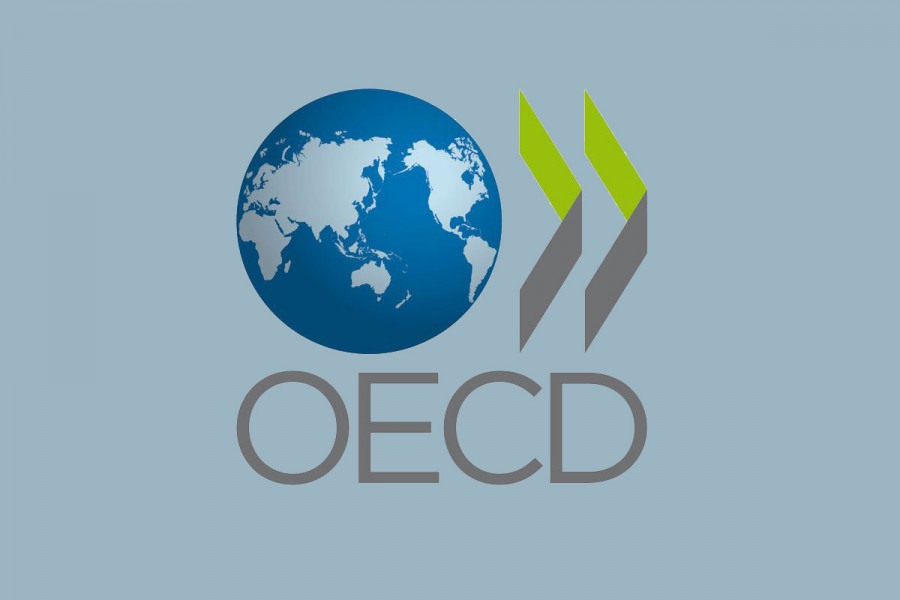Global economic activity is expected to fall by 6.0 per cent in 2020 due to COVID-19 pandemic, according to Organisation for Economic Co-operation and Development (OECD).
"Unemployment rate in OECD countries to climb to 9.2 per cent from 5.4 per cent in 2019," the OECD said in its latest economic outlook, 'World Economy on a Tightrope', released on Wednesday.
With little prospect of a vaccine becoming widely available this year, the OECD took the unusual step of presenting two equally likely scenarios – one in which the virus is brought under control, and one in which a second global outbreak hits before the end of 2020.
The report said the path to economic recovery remains highly uncertain and vulnerable to a second wave of infections as restrictions begin to ease.
"If a second outbreak occurs triggering a return to lockdowns, world economic output is forecast to plummet 7.6 per cent this year, before climbing back 2.8 per cent in 2021," the OECD said.
"At its peak, unemployment in the OECD economies would be more than double the rate prior to the outbreaks, with little recovery in jobs next year," it added.
The report mentioned that the pandemic has triggered the most severe recession in nearly a century and is causing enormous damage to people’s health, jobs and well-being.
"The containment measures brought in by most governments were necessary to slow the spread of the virus and limit the death toll, but they have also closed down business activity in many sectors and caused widespread economic hardship," the OECD said.
Strengthening healthcare systems and supporting people and businesses to help adapt to a post-COVID world will be crucial, it said
Speaking ahead of a special OECD roundtable ministerial meeting to discuss policy responses to the pandemic, OECD Secretary-General Angel Gurría said, “Uncertainty is clearly extreme in the current context, but the implications of that for macroeconomic policies are not symmetric. Policy-makers were right not to be too slow to introduce emergency measures, and they should now guard against being too quick to withdraw them”.
“How governments act today will shape the post-COVID world for years to come,” he added.
“This is true not only domestically, where the right policies can foster a resilient, inclusive and sustainable recovery, but also in terms of how countries co-operate to tackle global challenges together. International co-operation, a weak point so far in the policy response, can create confidence and have important positive spillover effects.”
Presenting the Outlook, OECD Chief Economist Laurence Boone said: “Extraordinary policies will be needed to walk the tightrope towards recovery. Restarting economic activity while avoiding a second outbreak requires flexible and agile policymaking.”
She said the safety nets and support currently provided for badly hit sectors would need to be adapted to help businesses and workers move to new activities.
“Higher public debt cannot be avoided, but debt-financed spending should be well-targeted to support the most vulnerable and provide the investment needed for a transition to a more resilient and sustainable economy,” she said.
“Governments must seize this opportunity to build a fairer economy, making competition and regulation smarter, modernising taxes, government spending and social protection,” she added. “Prosperity comes from dialogue and co-operation. This holds true at the national and global level.”
The outlook calls for stronger international co-operation to help end the pandemic more quickly, speed up the economic recovery, and avoid harming the catch-up process of emerging-market economies and developing countries.
It also argues for encouraging more resilient supply chains, including larger holdings of stocks and more diversification of sources locally and internationally.


